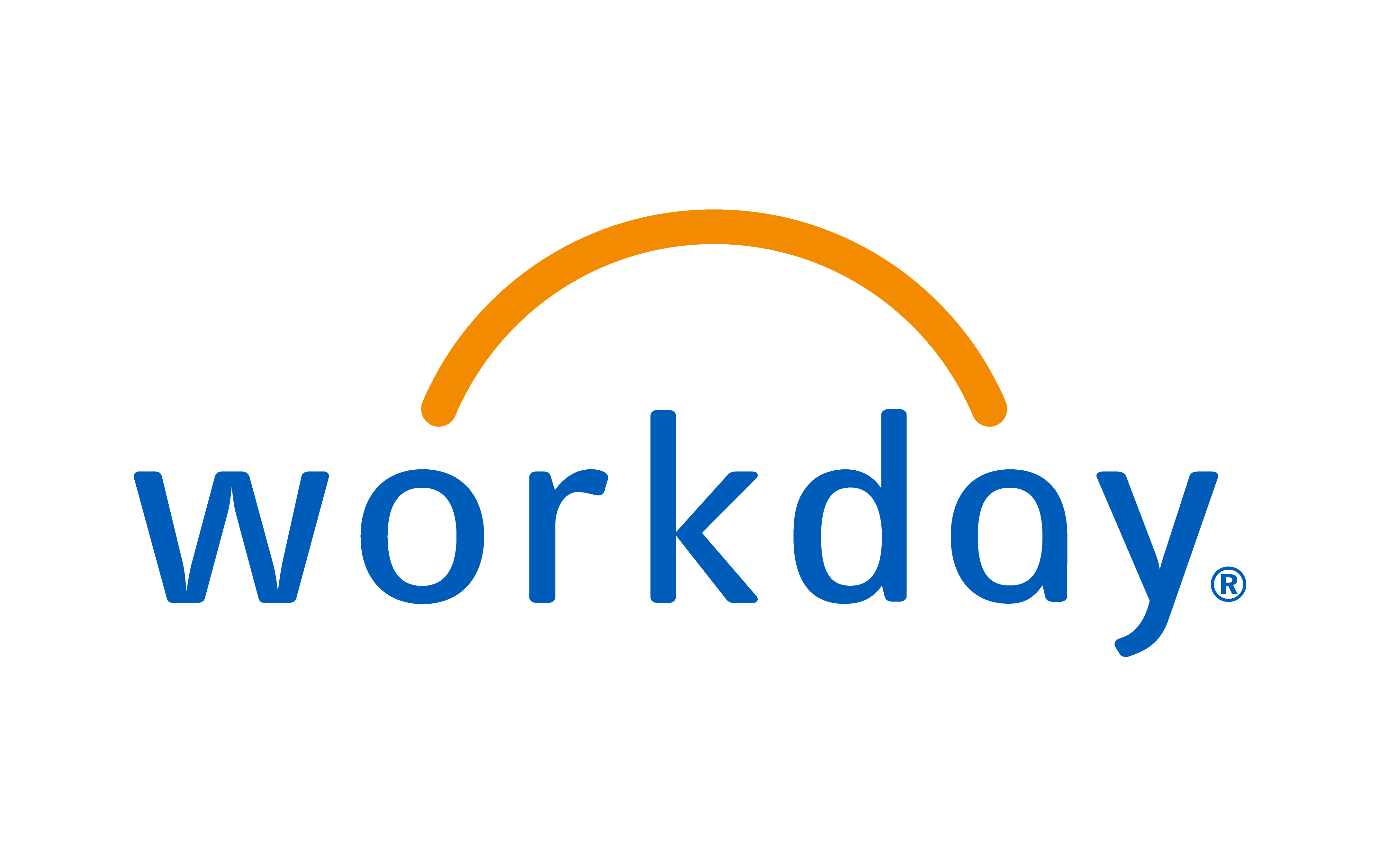For the past few years, organizations the world over have been forced to deal with volatile markets and rapidly changing environments caused by an ongoing series of unexpected events. The only certainty facing executives in these times is persistent uncertainty, which puts a premium on being able to react and pivot with agility when any black swan event occurs. Coping successfully with rapid change requires the ability to plan contingently to anticipate a range of scenarios and, when necessary, rapidly revise plans to operate most effectively in the new environment. To achieve this level of agility, executives need to harness technology to enable rapid, high-participation planning cycles that makes it possible to provide quick answers to the question, “What if?” Our Business Planning Benchmark Research demonstrates that 73% of organizations that are able to explore every relevant scenario have plans that are accurate or very accurate compared to just 36% that can only explore a limited set of scenarios or do not do this at all.
Unfortunately, today’s corporate planning is flawed. For example, our research also finds that companies often react too slowly to changing market conditions. They miss opportunities to minimize risk or to take advantage of market windows to sell more. Too often they allocate resources to less productive or less profitable activities. Especially in larger companies, fragmented, silo-based planning efforts stand in the way of more effective planning processes. Our research shows that, typically, the only company-wide plan is the annual budget, supplemented by monthly revenue reforecasts and budgets revised quarterly or semiannually. Budgets are essential for financial control, but they aren’t the best tool for business planning. Budgets are built around accounting and finance. They only indirectly consider what people running the business must manage: people, products and customers and the process of setting out measurable performance objectives for these key operational elements.


